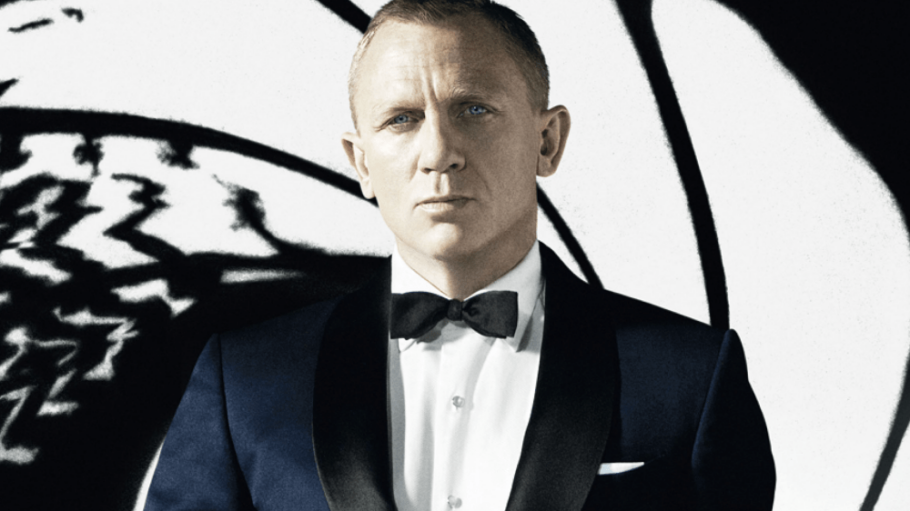In late January 2024, Barbara Broccoli attended a performance of her stage musical “Buena Vista Social Club” at the Atlantic Theater in New York. The longtime James Bond producer and gatekeeper was joined by three top Amazon MGM Studios executives — Jennifer Salke, Courtenay Valenti and Julie Rapaport — for a night that also included dinner and shop talk. For months, Salke’s boss, Mike Hopkins, had spearheaded discussions with Broccoli about Bond’s future at Amazon. The purpose of the night’s tête-à-tête was for Salke to make Broccoli comfortable with the studio’s loose plans for the first Bond movie since Amazon acquired MGM in 2022 for $8.5 billion. But sources say Broccoli left the meeting uninspired by Salke, a longtime TV executive, and returned to her home in London. Shortly after, talks began for the siblings to relinquish creative control of what is viewed as the last untapped mega-brand, one comparable to Lucasfilm, Marvel and DC. (Amazon declined comment. Eon did not respond to a request for comment.)
Following a year of fraught negotiations, Amazon will soon have a full grip on the franchise that has spawned 25 films about Agent 007 but whose TV, licensing, spinoff and interconnected cinematic universe potential remains unmined. (The deal needs regulatory approval in the U.S. and U.K., which is expected sometime this year.) Amazon executive chairman Jeff Bezos, who signed off on the complex transaction that sees Broccoli and her half-brother, Michael Wilson, retaining a financial stake in the property, is keenly interested in how the tech giant can bring Bond into the digital age.
“If you own a Ferrari but don’t control where or if it goes, it’s frustrating,” says former Amazon Studios chief Roy Price. “The Broccolis have provided the best example in Hollywood history of managing a character. But in today’s complex landscape, it makes sense for Amazon to get in the driver’s seat and control their own destiny.”
For years, Broccoli and Wilson resisted the siren call to fully exploit the property that is based on Ian Fleming’s spy novels across multiple platforms and sometimes didn’t see eye-to-eye with each other, according to insiders. But their move to limit the exposure of the man with a license to kill may have proved prudent, considering that the ubiquity of über-brands like Disney’s Marvel and Lucasfilm sparked audience fatigue and prompted a pullback on output. (Longtime Lucasfilm chief Kathleen Kennedy will step down this year, with that franchise — like Bond — entering a new era.)
But some say Broccoli was too cautious and exerted outsize control — to the detriment of Bond. Sources say Christopher Nolan expressed interest in directing a Bond movie following the release of “Tenet.” But Broccoli made clear that no director would have final cut while Bond was under her purview. Nolan, a final-cut director, wound up making “Oppenheimer” as his follow-up to “Tenet,” with that film earning nearly $1 billion at the global box office and winning the best picture Oscar. (Decades earlier, Steven Spielberg wanted to make a Bond movie following “Close Encounters of the Third Kind” but was blocked by Broccoli’s father, the late Albert “Cubby” Broccoli, because he was too inexperienced.)
Still, there’s a reason the Broccolis held the reins tightly. Bond is and will continue to be a tricky needle to thread. He was created at the height of the Cold War, long before gender equality was a mantra. Yet modernizing the martini-loving lothario too much poses its own issues.
“There’s something so special and unique about Bond, and you can’t just strip him of the things that make him so debonair and cram five projects into production right now and not totally destroy everything about the property,” says Peter Newman, head of the MBA/MFA graduate dual degree program at NYU’s Tisch School of the Arts. “And if you make Bond more politically correct, you’re going to have a lot of pushback.”
Love Film & TV?
Get your daily dose of everything happening in music, film and TV in Australia and abroad.
Industry observers have more confidence in Amazon’s ability to bring forth a high-quality Bond film than a TV series. The TV division has found success with fantasy dramas “The Boys” and “Fallout,” but it has struggled to generate much Emmy or zeitgeist traction with its shows. The studio gambled on a pricey “The Lord of the Rings: The Rings of Power” series that never lived up to its potential as one of the most coveted pieces of intellectual property in Hollywood. And even Amazon — one of the most well-capitalized corporations in the world — can’t afford another spy show like “Citadel,” which is considered one of the most expensive TV series ever made, with Season 1’s six episodes costing $300 million.
“You have to make a realistic assessment of your team’s capabilities and what are their strengths and what are their weaknesses, and [a Bond TV series] plays right into their weaknesses,” says one industryite.
Sources familiar with Amazon’s next steps on Bond say a film is still the top priority, and the studio will look first to attach a producer in the vein of David Heyman, who shepherded the “Harry Potter” and “Fantastic Beasts” films with a cohesive vision.
As for Broccoli, she’s still creatively tied to Amazon and has a strong working relationship with Valenti and Rapaport. The studio is in active development on a “Chitty Chitty Bang Bang” remake that Broccoli is producing.
And although Amazon can’t move forward with hiring anyone on Bond until the Broccoli-Wilson deal is closed, that hasn’t stopped every agency in town from pitching its best writers, directors and leading men. Price thinks Amazon should look internally when casting one of 007’s nemeses.
Says Price: “Jeff [Bezos] should have a cameo as the supervillain’s IT guy trying endlessly to get the printer hooked up to the Wi-Fi.”
From Variety US































